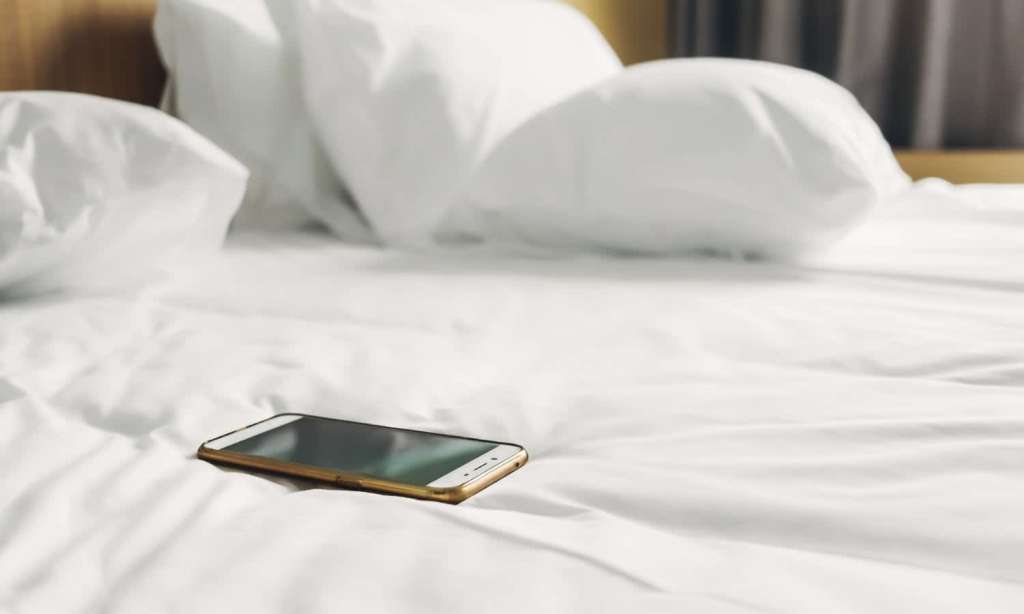White noise in the form of nature sounds, rain or the simple hum of a fan has been used (and celebrated) as a helpful sleep aid but, recent research has found it might actually be hindering your sleep.
The development of white noises apps has exploded in recent years. According to The Guardian, Bedtime Fan App has more than three million downloads, while the Android White Noise Generator has over one million, so the popularity of these can’t be understated.
The reasoning behind these apps, and the use of white noise for sleep in general, is that it drowns out the surrounding noises, which if you live in a densely populated area, is great.
A recent review of scientific literature undertaken by a team including Mathias Basner, a professor of psychiatry at the University of Pennsylvania School of Medicine in Philadelphia, found 38 studies which investigated white noise as a sleep aid.
According to The Guardian, while a number of studies found white noise reduced the time it took people to fall asleep, researchers from the University of Pennsylvania School of Medicine found the quality of these studies to be extremely poor, while at least one study found white noise to actually lead to disrupted sleep.
“If these apps or devices could only do good things, I wouldn’t really care. But because there may be negative consequences, I would just be careful,” said Professor Basner. “I wouldn’t broadly recommend them, because there is no evidence that they are actually working.”
The issue with listening to white noise at night, according to Professor Basner, is that you’re not allowing the auditory system to switch off while you sleep.
“Whenever we’re exposed to sounds and noise, the inner ear is translating that into nerve signals that are then interpreted by the brain,” he said. “It is an active process, which generates metabolites, some of which have been shown to be harmful to the inner ear. You probably want to have a period where the auditory system can wind down, regenerate and prepare for the next wake period.”
For Professor Christian Cajochen, who heads the Centre for Chronobiology at the University of Basel in Switzerland, the use of white noise is understandable for those sleeping in noisy environments like shift workers.
“I think the better [forms of] continuous white noise mask highly intermittent background noise, which is why it is recommended for nightshift workers who often need to sleep during the day in a ‘noisy’ environment,” he said.
“There I can see a benefit, but not when sleeping in a relatively quiet environment. Any acoustic stimulus being continuous or not has the potential to interrupt the sleep process.
“I would rather recommend mindfulness apps like Sleepio, since they are based on good evidence coming from research in sleep medicine, particularly cognitive behavioural therapy for insomnia.”
Something to think about the next time you go to switch on the white noise machine.







